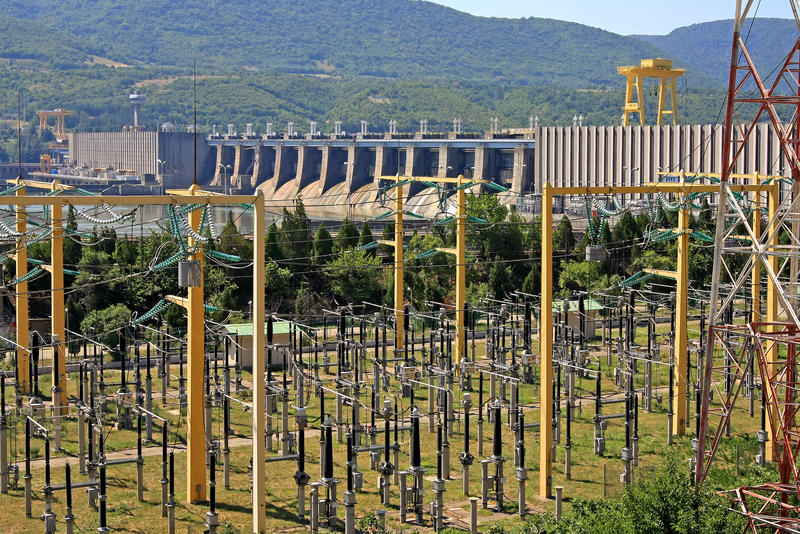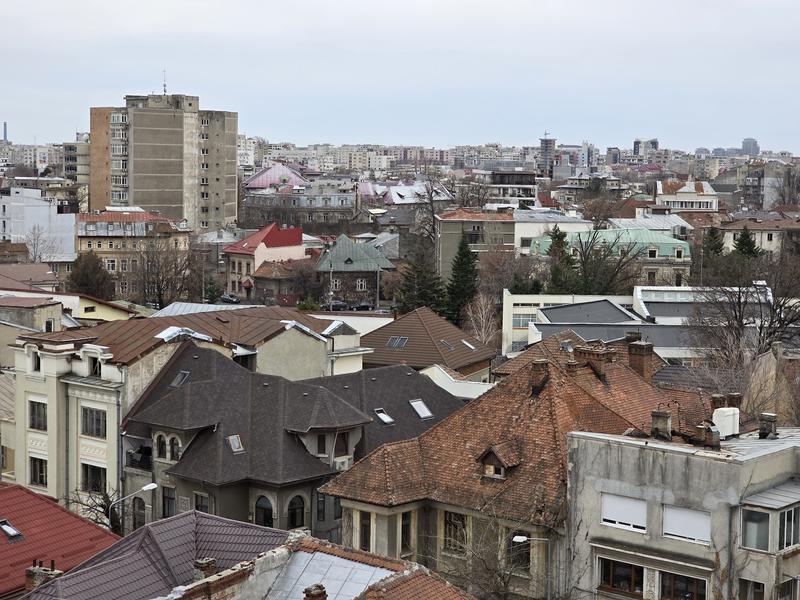The Romanian House of Deputies rejected Thursday a governmental ordinance establishing the Public Foundation Gojdu, at the center of a Romanian-Hungarian controversy related to the property of a foundation established in the 1870’s.
The ordinance received 88 votes in favor, 83 against and 4 abstentions, so a necessary threshold of 89 votes to approve the legislation was not met.
The ordinance will be passed to the Senate now, which will have a final say on the document.
Emanuil Gojdu, political figure and lawyer within the Austro-Hungarian Empire, requested in his will that an important part of his fortune be managed by a foundation bearing his name.
The foundation came into being in 1870, under the patronage of the Romanian Orthodox Church, and included the Gojdu residences in Budapest that were nationalized in 1952. After 1990, the residences became the Budapest City’s propriety.
The Hungarian authorities intended to transform the residences into a commercial center, but the Romanian state opposed this decision and proposed the establishment of a Romanian-Hungarian public foundation aimed at strengthening the mutual relations between the two neighbors and at remembering the historical figure of Emanuil Gojdu.
Gojdu residences became the property of the Israeli company Autoker Holding Rt. in December 2004 who expressed its availability to redesign the property for the Gojdu foundation.
In October 2005, the Romanian prime minister and his Hungarian counterpart signed an agreement that foresaw the establishment of the Romanian- Hungarian public foundation Gojdu. The ordinance that would endorse the agreement passed the Romanian Commission for Foreign Policy but was rejected by the Judicial Commission.
Recently, the Orthodox Church representatives complained against the Romanian Government’s initiative as it would create a parallel foundation with the old existing one and vowed to fight to recover the Gojdu patrimony.
Talks on this topic surfaced disagreements within the governing Coalition as the Romanian Magyars Union considers that the Romanian Parliament's refusal to ratify the agreement would be a first and would create a precedent and tensions between the two states.
The mutual agreement entails that the foundation is to be based in Budapest, and to be financed by the Romanian and Hungarian states with a minimum of 200,000 Euros yearly.




















